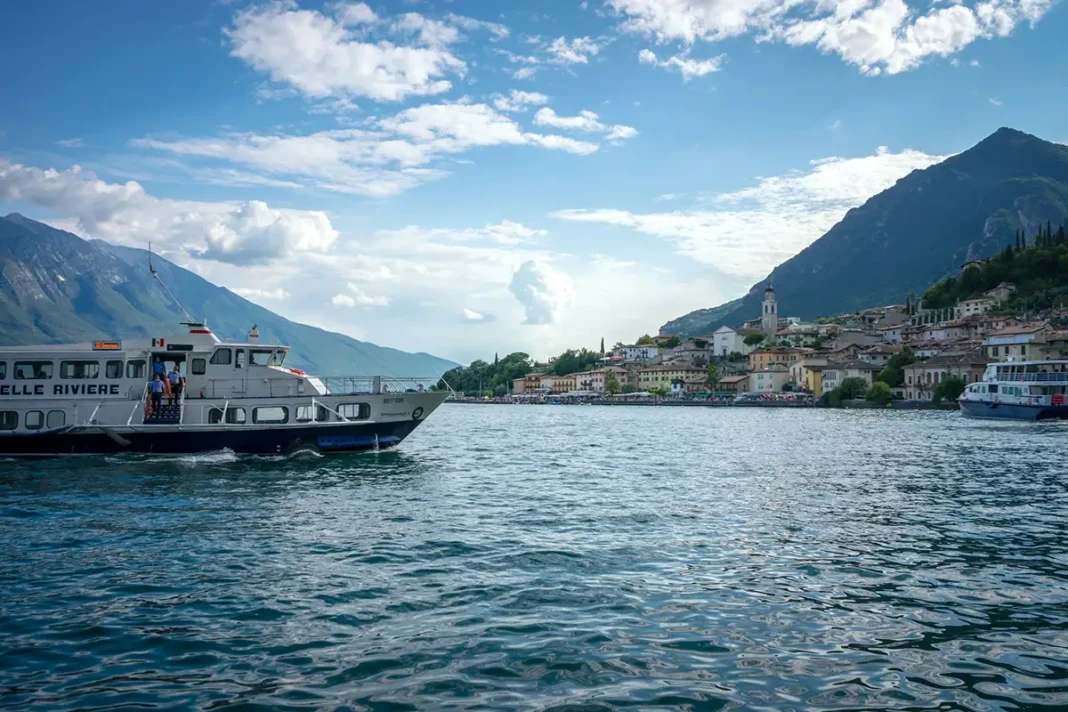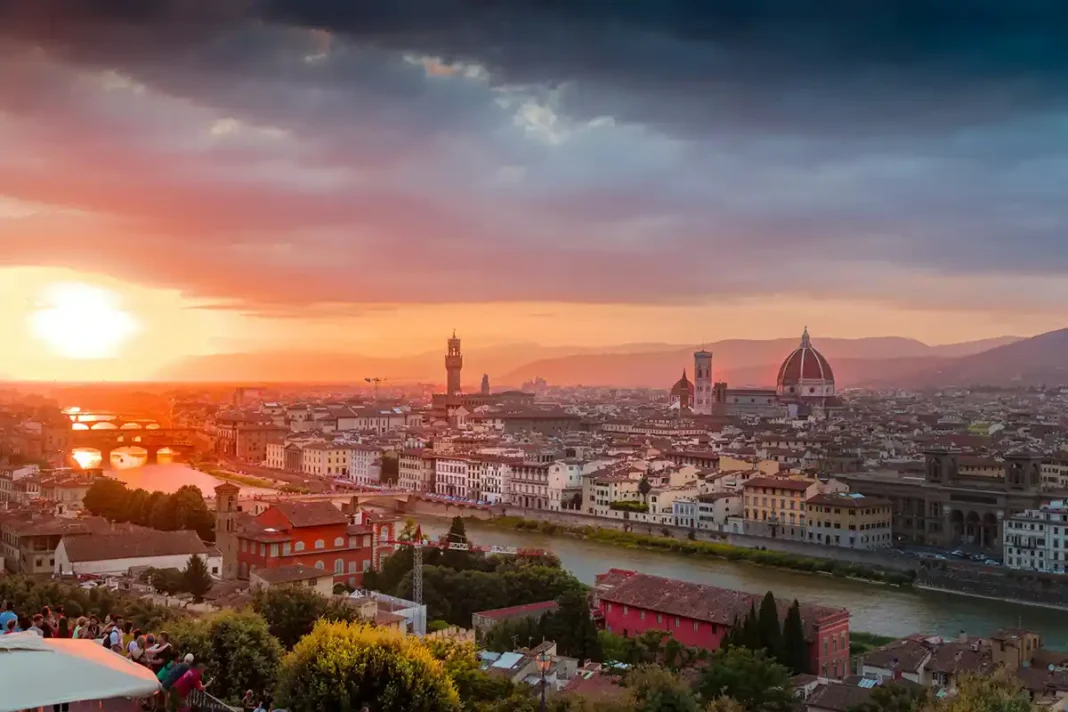Table of Contents
Lake Garda is Italy’s largest lake, a fantastic day trip from Verona, and a major tourism hotspot for the region. And a new study has shown that over the past decade, the temperature of Lake Garda’s waters has increased by about 1.5°C, with an average increase each year of approximately 0.15°C.
The report from IlMeteo.it, drawn up for Corriere della Sera, points out how in Italy, (and specifically the northern region), average annual temperatures and days of extreme heat have risen pretty consistently for at least 40 years, and colder days have become less common. Also, the surface temperature of the Adriatic Sea at the moment touches more than 30 degrees, two more than its seasonal average – further testifying that the climate is indeed changing. Lake Garda is getting warmer, let’s take a look at the data that proves it!
Studying Lake Garda’s Waters: Arpav data
Arpav carries out monthly monitoring of bathing waters in the Lake Garda basin, measuring microbiological and chemical-physical parameters, among which is the temperature. In this paper, for the 11 years that have passed, an increase in temperature during the month of July is observable, with peaks to 26.8°C in 2015 and 27°C in 2022. In 2024, a slight countertrend was noticed, with the decrease of 0.28°C to the averages, justified by weathering phenomena that brought large quantities of water into the lake.
Influence on Water Mixing and Ecosystem
Prof. Nico Salmaso, from the Edmund Mach Foundation, has been conducting studies on the effects of global warming on the large subalpine lakes since 2001. His research found there was an increase of water temperature between zero and 50 meters deep of 0.03 degrees per year in the period from 1991 to 2018. This thermal increase prevents the mixing of waters, favoring the deposition of inorganic nutrients on the bottom that could lead to a drop in oxygen, affecting flora and fauna.
Effects of Warming on Fish Reproduction
Climate change also affects fish reproduction, slowing it down, and in extreme cases, even stopping it. The longer summer heat waves have no relative effects in the short term at Lake Garda, except for some blooms of algae or the foam often due to decomposition. With a water volume approaching 50 cubic kilometers and theoretical exchange times of between 26.8 and 28 years, relevant temperature variations in the long run are hypothetically valid.
Conclusions and future perspectives
The conclusion is pretty clear that climate change is occurring, and the water temperate or Lake Garda is rising as a result. Only continuous monitoring and long-term research will fully enable understanding the environmental impact and how to cope through mitigation and adaptation strategies. This will be done with local authorities and research institutes, such as the Edmund Mach Foundation, associated with the same working group, to face future challenges and find ways to preserve the lake ecosystem.
Lake Garda remains one of the best vacation spots in Northern Italy for those wanting to hit the water!
Check out How to Get to Lake Garda from Verona!




